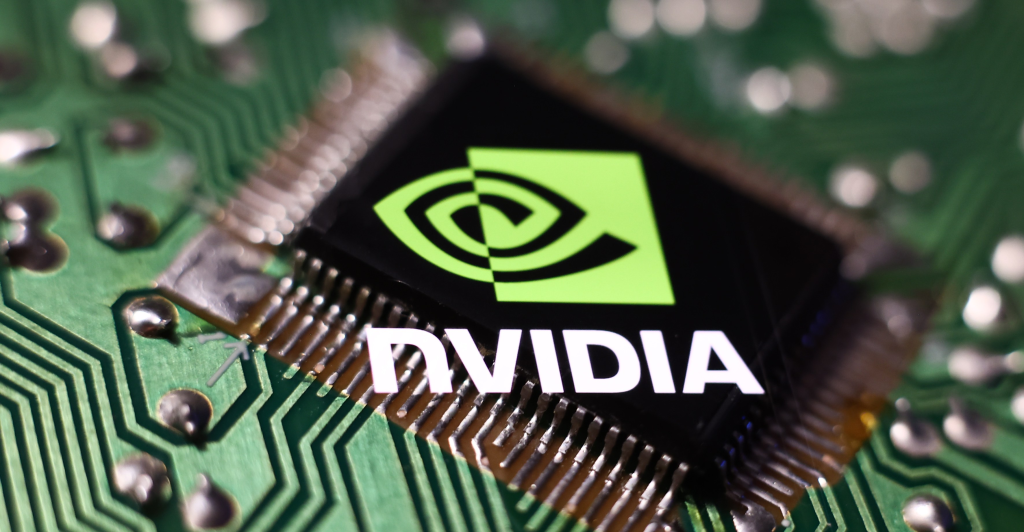Nvidia CEO Jensen Huang said in a recent interview that today’s AI doesn’t provide the best answers.
“We have to get to a point where the answer that you get, you largely trust,” he said.
The CEO said we’re still “several years away” and that companies will need more computational power.
Nvidia CEO Jensen Huang said today’s artificial intelligence doesn’t provide the best answers and that the world is still “several years away” from an AI we can “largely trust.”
“Today, the answers that we have aren’t the best that we can provide,” Huang said Saturday in an interview at Hong Kong University of Science & Technology.
The CEO said people shouldn’t have to second-guess an AI’s answer, wondering if it’s “hallucinated or not hallucinated” or “sensible or not sensible.”
“We have to get to a point where the answer that you get — you largely trust — you largely trust,” he said, “and so I think that we’re several years away from being able to do that and, in the meantime, we have to keep increasing our computation.”
Large language models, such as ChatGPT, have advanced exponentially in the past few years in their ability to answer complex questions, but they still have limitations.
Hallucination, or providing false or fictitious answers, is one persistent problem with AI chatbots.
OpenAI, widely viewed as the leader of the AI race, was sued last year by a radio host after ChatGPT created a fake legal complaint about him.
A spokesperson for OpenAI did not respond to a request for comment.
Some AI companies are also facing the quandary over how to advance LLMs without solely having to rely on getting their hands on large amounts of data — an already finite resource.
During the Saturday interview, Huang said that pre-training or training a model on a large, diverse dataset before it’s developed to perform a certain task will not be enough.
“Pre-training — just taking all of the data in the world and discovering knowledge from it automatically — pre-training is not enough,” he said. “Just as going to college and graduating from college is a very important milestone, but it’s not enough.”



